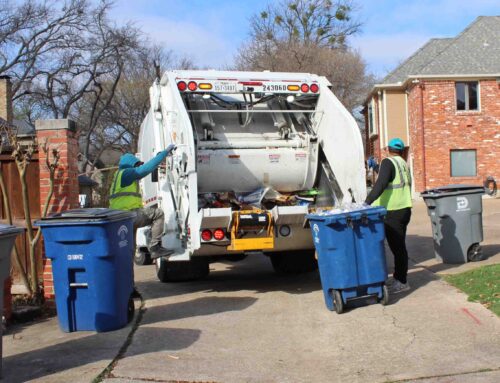The debate surrounding Tinseltown, namely whether Cinemark Movie Theatres has the right to build an 18-screen theater at the corner of Inwood Road and Forest Lane in North Dallas, has provided me with one of the more interesting views of human nature of my entire tenure on the Council.
The usual “the theater is good,” “The theater is bad,” “pro-neighborhood versus pro-business” arguments are not what I am referring to. After five years on the Council and two years prior to that on the City Plan and Zoning Commission, I have heard those arguments adnauseam.
After a while, you learn to ignore the noise and do your best to make a fair, intelligent, independent choice.
What makes the Tinseltown debate so unique is the large number of people against the theater who sent me many interesting letters, and what they wrote. Tinseltown wasn’t a zoning case, but merely a determination of whether Cinemark’s development plan complied with the existing zoning.
This function is ordinarily performed by the City Plan and Zoning Commission but was delegated to the Council in the zoning ordinance covering this property only in 1985.
It was clear to me that the zoning ordinance allowed for uses under “SC” Zoning, which permits theaters. It was also undisputed that no development plan was on file with the City covering this property.
Accordingly, if Cinemark’s development plan complied with the setback, height, parking, floor-to-area ratio and access requirements, it had to be approved.
At least, that is the way I saw it, as did our City planning staff and our City Attorney, who recommended approval.
As a Council member, I listened patiently to the neighborhoods’ arguments that the theater would create crime, drugs, gangs, drive-by shootings, prostitution and pornography.
As both a Council member and a real estate attorney, I tried to explain that those issues had nothing to do with the development plan. Personally, I do not believe that all of society’s ills can be blamed on theaters, although, I do strongly believe that Hollywood has significantly contributed to a serious decline in basic, traditional moral values.
The most interesting “condemnation” in the scores of letters I received from the neighborhood, was the same refrain – I was too concerned about the “technicalities” of the law and that I should do what was best for the neighborhood.
One letter went so far as to say: “I don’t care what the Zoning Ordinance says – you should vote against Cinemark.”
This is where I had to draw the line. When I took my oath of office, I swore to uphold the laws of this City, state and nation.
As an attorney, I took a similar oath to become a member of the State Bar. America has prided itself on being “a nation of laws, not men.” This is a big part of what makes our country great. Legislators, judges and yes, even Council members, are bound by the law even if they may not agree with it.
We have little problem understanding the necessity of this concept when applied to individuals. For example, suppose you were stopped for speeding when you were going 45 in a 50 miles-per-hour zone, and the officer explained that he thought that 35 miles per hour was a safer speed, or that the Council surely had “intended” to reduce the speed limit, they just had not done it yet.
We would all be indignant and assured of having the ticket thrown out in court.
Somehow, we do not think a “big corporation” such as Cinemark has the same right. Some say it is too bad if Cinemark relied on that zoning ordinance; it is not what we “intended,” and it is not what we want now.
I, for one, do not see the difference, and I believe we set a dangerous precedent, when the City Council of Dallas decides to ignore its own laws.





